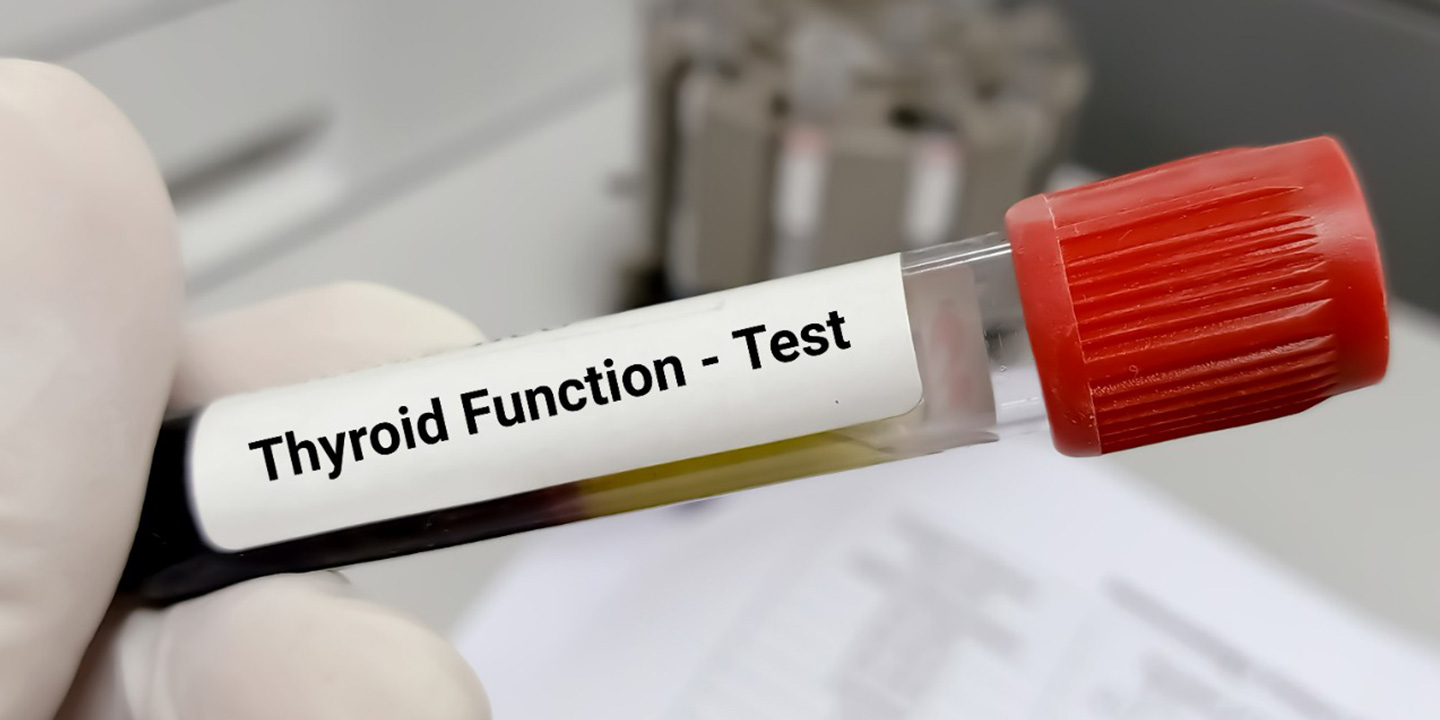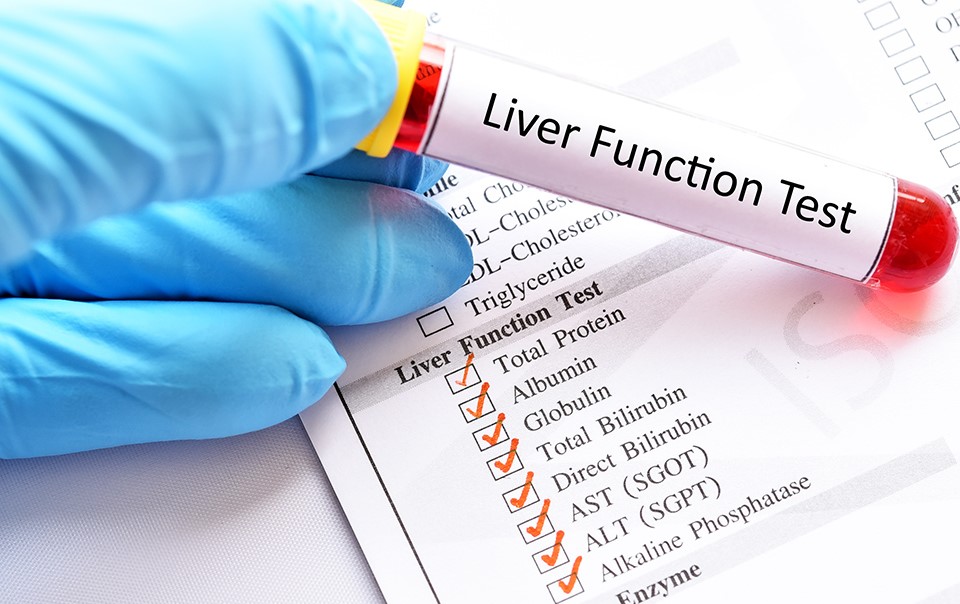
Thyroid disorders are prevalent, affecting millions of people worldwide. Regular thyroid checkups are essential for maintaining good health, as imbalances in thyroid hormones can lead to a wide range of health issues. In this article, we will explore how often you should get a thyroid test, what a normal thyroid function test entails, and where you can have your thyroid checked in Kolkata & Bhopal
The Importance of Thyroid Health:
The thyroid gland plays a crucial role in regulating various bodily functions, including metabolism, energy production, and temperature control. Thyroid disorders can result from an overactive (hyperthyroidism) or underactive (hypothyroidism) thyroid gland, both of which can have significant health consequences.
How Often Should You Get a Thyroid Test?
The frequency of thyroid testing can vary depending on your age, medical history, and risk factors. Here are some general guidelines:
1. Age and Risk Factors:
Age: If you are over the age of 35, it is advisable to have a thyroid test at least once every five years.
Risk Factors: Individuals with risk factors for thyroid disorders, such as a family history of thyroid disease, autoimmune conditions, or previous thyroid issues, may need more frequent testing.
2. Symptoms:
If you experience symptoms of thyroid dysfunction, such as fatigue, weight changes, mood swings, or changes in skin or hair, consult with diagnostic centres in Kolkata & Bhopal. They will determine whether a thyroid test is necessary and how often you should be tested based on your specific symptoms and medical history.
3. Pregnancy:
Pregnant women may require thyroid testing, as thyroid disorders can impact both maternal and fetal health. Consult with HCDC for guidance on thyroid testing during pregnancy.
What Does a Normal Thyroid Function Test Include?
A comprehensive thyroid function test typically includes the following components:
1. TSH (Thyroid-Stimulating Hormone):
Normal Range: Typically falls within 0.4 to 4.0 milliunits per liter (mU/L).
Significance: Elevated TSH levels may indicate hypothyroidism, while low levels may suggest hyperthyroidism.
2. Free T4 (Thyroxine):
Normal Range: Typically falls within 0.8 to 1.8 nanograms per deciliter (ng/dL).
Significance: Free T4 levels reflect the amount of active thyroid hormone in the bloodstream. Abnormal levels can indicate thyroid dysfunction.
3. Free T3 (Triiodothyronine):
Normal Range: Typically falls within 2.3 to 4.2 picograms per milliliter (pg/mL).
Significance: Free T3 levels provide insights into the body’s metabolic activity and can help diagnose thyroid disorders.
In conclusion, regular thyroid checkups are essential for monitoring your thyroid health and detecting any potential issues early. The frequency of testing may vary based on your age, risk factors, and symptoms. If you have concerns about your thyroid health or experience symptoms of thyroid dysfunction, come to Health Care Diagnostic Clinic & Laboratory Services. Thyroid health is an integral part of overall well-being, so staying informed and proactive is key.


